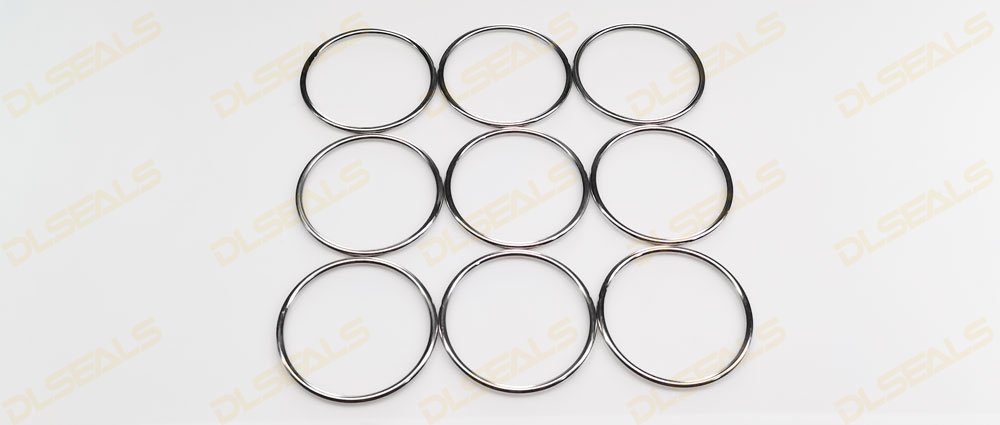News
A2024-02-21

In industry, selecting the appropriate metal seal material is critical to ensuring equipment performance and reliability. High-temperature alloys and stainless steel are two common metal seal materials that perform well under extreme conditions such as high temperatures and corrosion. This article will provide an in-depth comparison of high temperature alloys and stainless steel to help you choose the metal seal material that best suits your needs.
High Temperature Alloys Overview
Advantage:
High Temperature Resistance: High-temperature alloys generally perform well in high-temperature environments due to their ability to remain stable under extreme high-temperature conditions.
Corrosion resistance: It has excellent corrosion resistance and is especially suitable for scenes dealing with acidic and alkaline media and high-temperature corrosive gases.
High strength: High-temperature alloys usually have high strength, allowing them to maintain structural stability under high temperature and pressure conditions.
Application scenarios:
High-temperature alloys are commonly used in aerospace, petrochemical, nuclear and other fields, especially in high-temperature, high-pressure, corrosive environments.
Stainless Steel Overview
Advantage:
Versatility: Stainless steel is a highly versatile metal that is widely used in various fields and has good mechanical properties and processability.
Corrosion resistance: Stainless steel provides reliable corrosion resistance, especially in low-corrosive environments.
Economy: Relatively economical and suitable for cost-sensitive projects.
Application scenarios:
Stainless steel is commonly used in food processing, construction, medical equipment, and other environments where corrosion resistance is low.
How to choose the most suitable material?
Temperature Requirements: If your application handles extreme temperatures, a high-temperature alloy may be a more suitable choice. Stainless steel may have limited performance at extreme temperatures.
Media characteristics: Consider whether your media is highly corrosive. For corrosive media, high-temperature alloys are often more suitable.
Cost considerations: Stainless steel is relatively economical and suitable for some cost-sensitive projects. High-temperature alloys can be more expensive.
Mechanical Properties: Select the appropriate material based on the strength and wear resistance requirements of your application.
in conclusion
When selecting metal seal materials, both high-temperature alloys and stainless steel have their unique advantages. Depending on the environment and requirements of the specific application, rational selection of the most suitable materials will help ensure long-term reliability and stable performance of the equipment. Before making a decision, it is recommended to conduct adequate material performance analysis and application scenario evaluation.
[DLSEALS kindly Reminder] Sealing issues? Turn to DLSEALS! As a sealing component manufacturer, we specialize in customizing sealing components, providing a full range of services from design, research and development, production, testing, and more. If you have more information you'd like to know, feel free to contact us directly. DLSEALS's product experts are dedicated to serving you!